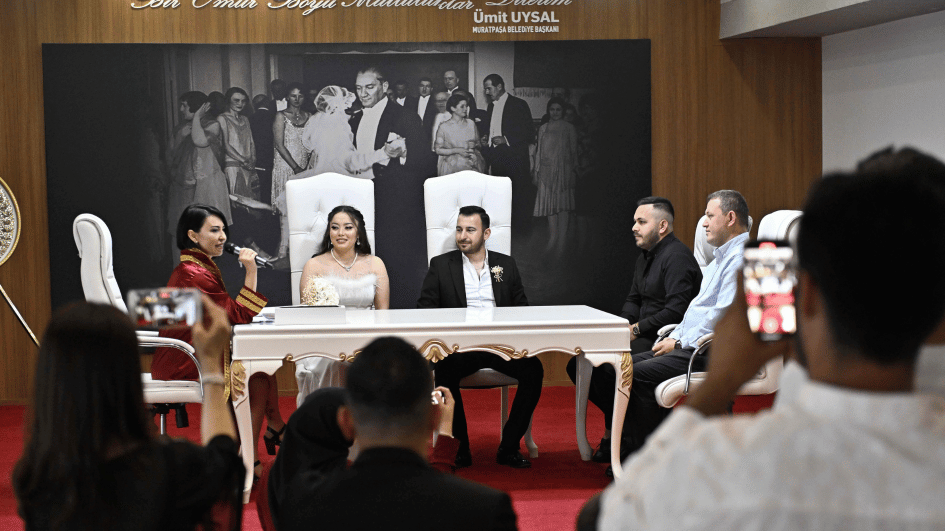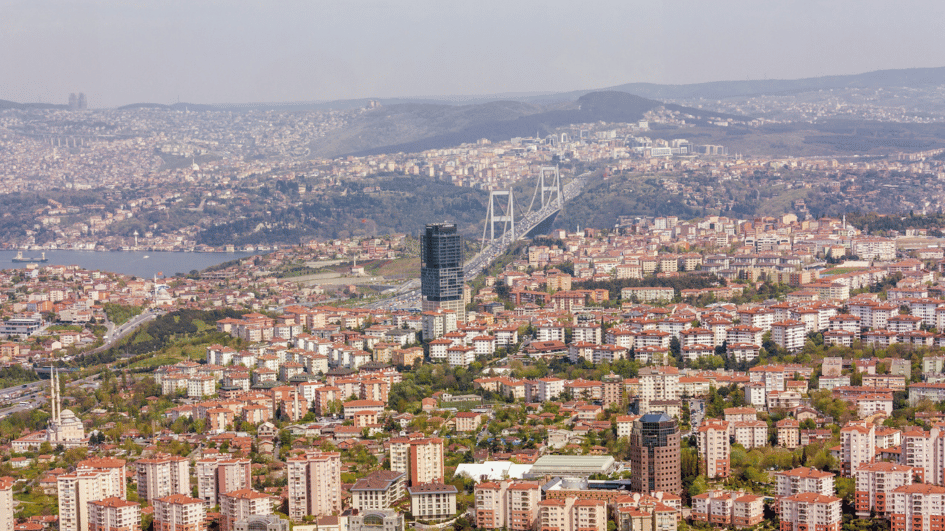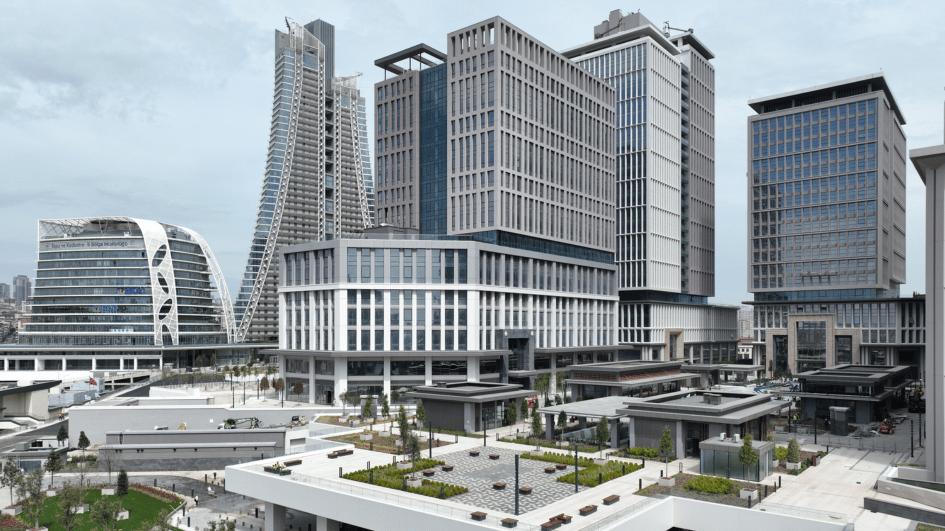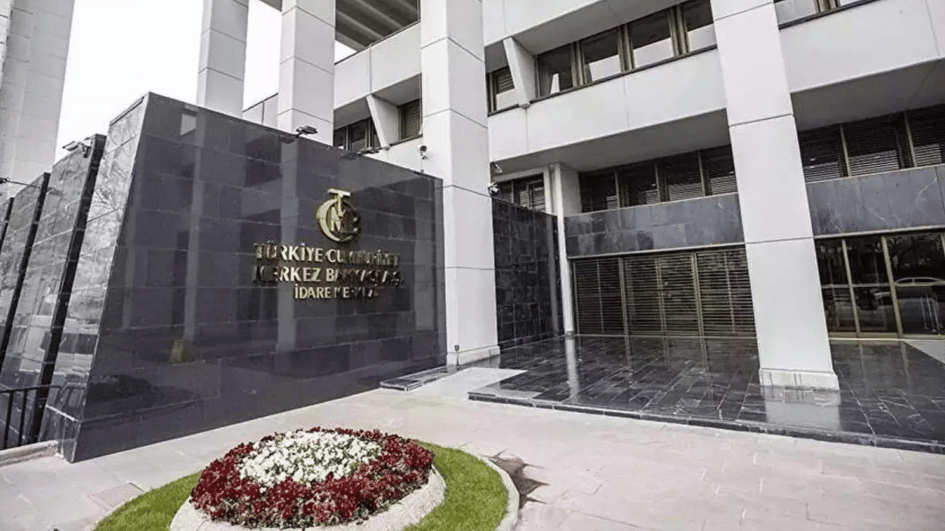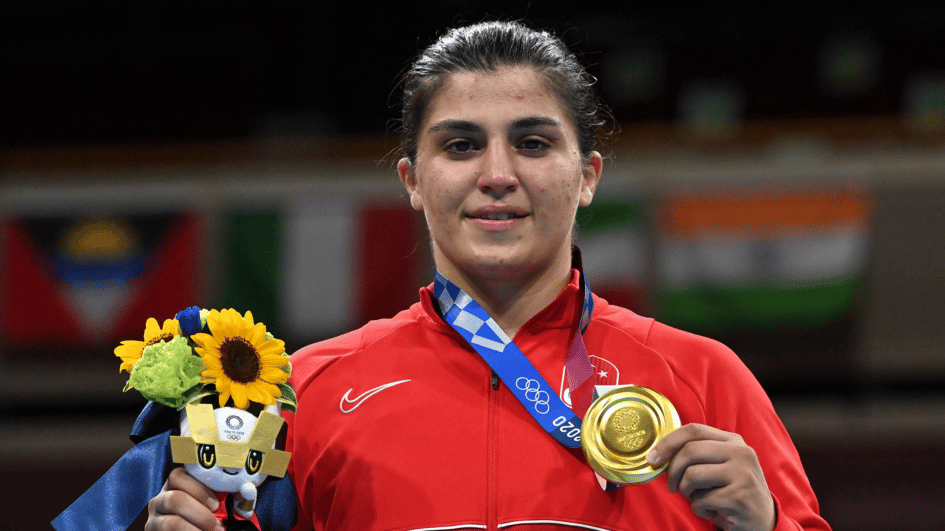A case for Turkey, a key country in Europe and beyond: Op-ed
Murat Ersavcı
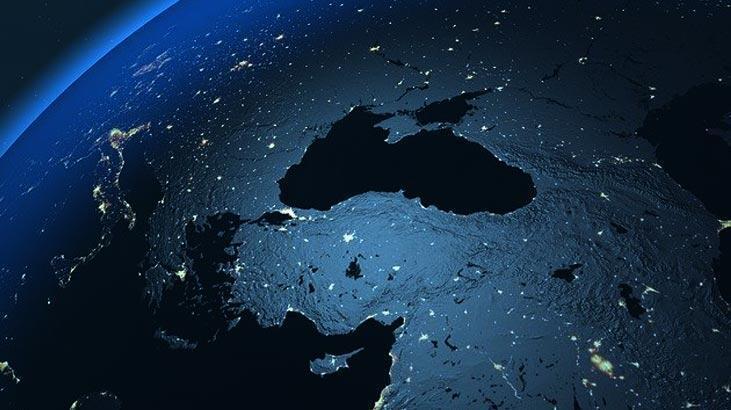
“Peace at home, peace in the world” – Mustafa Kemal Atatürk
This seemingly straightforward and powerful maxim still constitutes the main pillar of Turkish foreign policy, which has always been peaceful, realistic and consistent. Why such an emphasis on peace? Well the Turkish Republic was born out of war. There were very few years when we were completely at peace. For Atatürk, when he established the Turkish Republic in 1923, it was of the utmost importance for survival to assure permanent peace within and outside of the country, beyond ideology or rhetoric.
If you want to understand the challenges Turkish foreign policy is designed to cope with, take a quick glance at the map. I want to emphasize this, because I believe that if you realize that peace and security are the leitmotivs of the Turkish foreign policy, this may give you a better insight into it. For example, you will understand why Turkey still is exploring all diplomatic avenues for a peaceful solution over i.e. Iran, Libya, the Middle East and the eastern Mediterranean.
Do not allow yourself to be distracted by talk about shifting the axis of Turkish foreign policy. Current policies do not imply that Turkey will draw away from her alliance with the West.
Today, the immediate policy landscape is dominated by security and refugee problems. Turkey has to deal with an evolving security challenges which are increasingly more amorphous and asymmetric in nature, making them harder to tackle than the less complex problems of the Cold War era. Yet we still do not hesitate to do what is required. To that end, it is making active contributions to efforts to bring lasting peace, stability and prosperity to regions ranging from our contingent of soldiers with ISAF in Afghanistan to the Balkans, Caucasus and the Middle East.
Having said that, I must also emphasize that our efforts are not confined only to hard security issues. As the 17th largest economy in the world, Turkey strives to usher in a better global economic structure through its participation in the G-20, while being equally punctilious on issues like curbing global warming, combating terrorism and other forms of cross-border criminal activity, ensuring sustainable energy supplies, promoting harmony among different civilizations and eradicating poverty.
Looking at our neighbors, Turkish-Russian relations constitute today an integral component of our multidimensional foreign policy, seeking the settlement of regional problems through dialogue.
Turkey had taken bold steps in the normalization of our relations with Armenia, though the process came to an abrupt stop due to the illegal occupation by that country of Azerbaijani territories. Now that a new phase has started following the recent conflict in Nagorno-Karabakh, with Azerbaijan regaining its illegally occupied lands, I am still hopeful that it can be resumed.
Turkey has been encouraging our neighbor Iran to adopt a more cooperative and transparent stance regarding its nuclear program. Iraq on the other hand, is still somehow in a state of transition standing on its own feet. Our aim is to ensure that Iraq succeeds in this. To the west of Iraq, our relations with Syria unfortunately suffered a huge set back. The terrible cost of the Syrian civil war, causing unbelievable human misery and a massive refugee problem that came with it still continues. No other country in the world, apart from Turkey have accepted such high numbers – over 4.5 million – of refugees from that Syria.
In short, Turkey deems itself a party to any effort, anywhere that seeks peace, stability and prosperity. In fact it is this tenacity that perhaps contributed to the election of Ambassador Volkan Bozkır, as the president of the United Nations General Assembly last year. Turkey has been vigorously seeking the peaceful resolution of international disputes and striving towards the reinvigoration of a sense of collectivism, while promoting due compliance with international law and confidence in international organizations.
There is one issue that is not just very important for Turkey, but also still constitutes our national strategic goal. I refer to our European Union membership. Despite today’s somewhat dismal outlook and setbacks Turkey is trying to ensure a better and more modern lifestyle for its people. But I have to emphasize that there are two sides to this bargain. The performance of the union in fulfilling its share unfortunately falls far short of our expectations. The general impression in Turkey is that discussions in Europe are often marked by an overall tendency to resort to unfriendly stereotypes that in no way reflect today’s realities. Turkey’s contribution to Europe will be much greater and definitely more positive than some segments of European public opinion currently believe. This will also help the West in its ability to promote stability, security and prosperity around the world, not to mention Turkey’s essential role in energy security.
With Turkey on board, I firmly believe that the cultural diversity and human fabric of the European Union will be enhanced, in turn bolstering the vision of a Europe whole and free. I am aware that such arguments, however truthful, may appear abstract to ordinary men and women in European streets, who are understandably more concerned about their jobs and wages. Despite periodical global crises, despite COVID-19 pandemic, we are steadily making progress towards our goal, which is to make Turkey among one of the biggest economies in the world. I sincerely believe that we owe this to the coming generations. Official efforts cannot do this alone, no matter how willing they may be. A lot depends on the activities of non-governmental organizations, press and academia.
I am confident that by working with our friends in Europe, we will be able to realize a better future, which from my point of view is a union with Turkey in it.
The ancient philosopher Epictetus (who was a native of Hieropolis, Phrygria – today’s Pamukkale) said that only the educated are free. I call on you to retain a free and open mind on Turkey.
*Murat Ersavcı is a retired ambassador. Ersavcı joined TEPAV in 2019 as center director.


